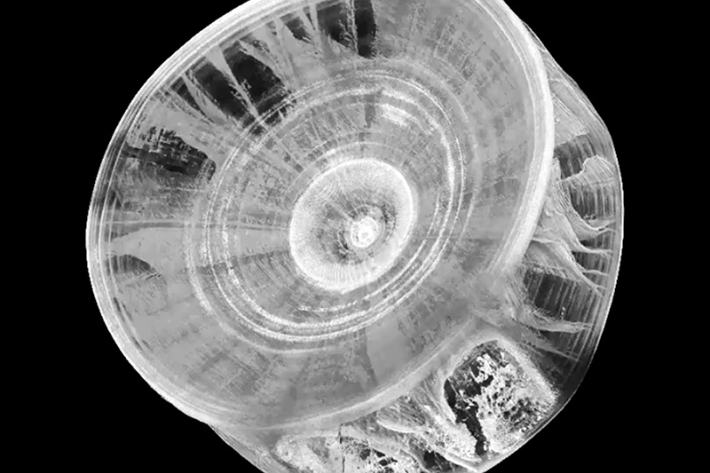-

New species of NZ ghost shark discovered
Media release24 September 2024Scientists have found a new ghost shark that lives exclusively in the deep waters of Australia and New Zealand. -
Tagging Fiordland sharks to monitor climate change
Media release19 June 2024Tracking changes in broadnose sevengill sharks' behaviour in a warming climate. -
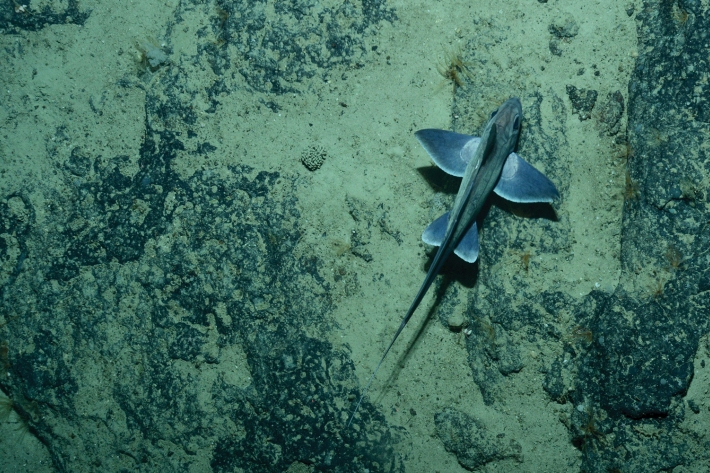
Chasing deepsea shadows
Feature story30 May 2022Mia Blyth catches up with a marine biologist hunting for ocean ghosts. -
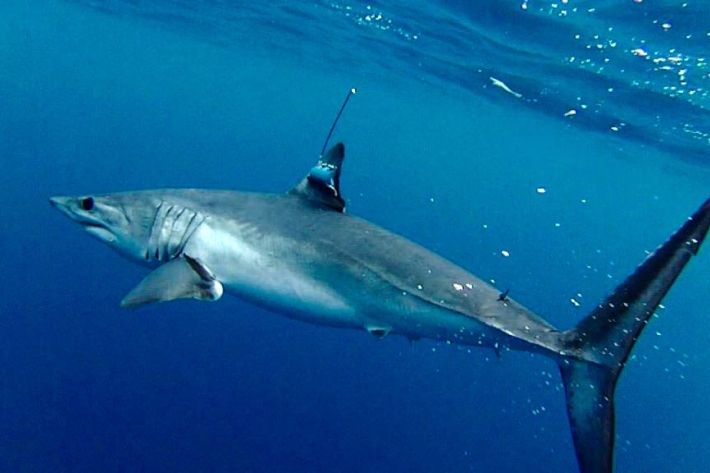
Oceanic shark numbers decline amid research gaps
Media release03 February 2021A lack of information about New Zealand oceanic shark populations is making it difficult to assess how well they are doing, says a NIWA researcher. -

Scientist spots shark sperm storage strategy
Feature story06 January 2021A NIWA researcher has found the first evidence that female deep sea sharks store sperm as a strategy to preserve the species and possibly avoid aggressive mating encounters. -
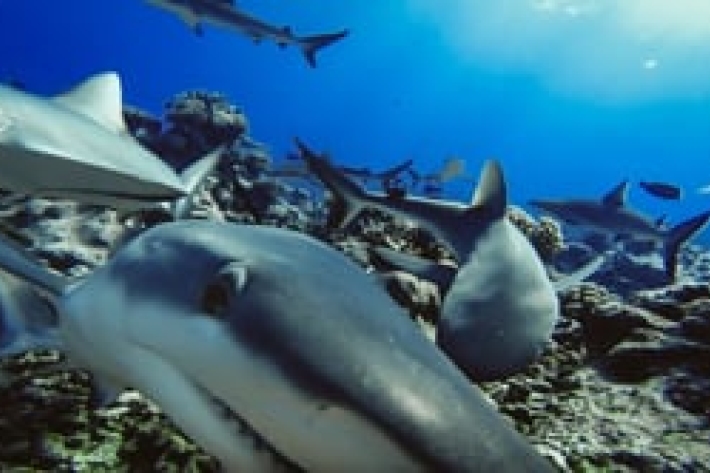
Dr Jade Maggs talks about reef sharks
A global survey involving 123 scientists from 58 nations raises concerns about the global status of reef sharks. -
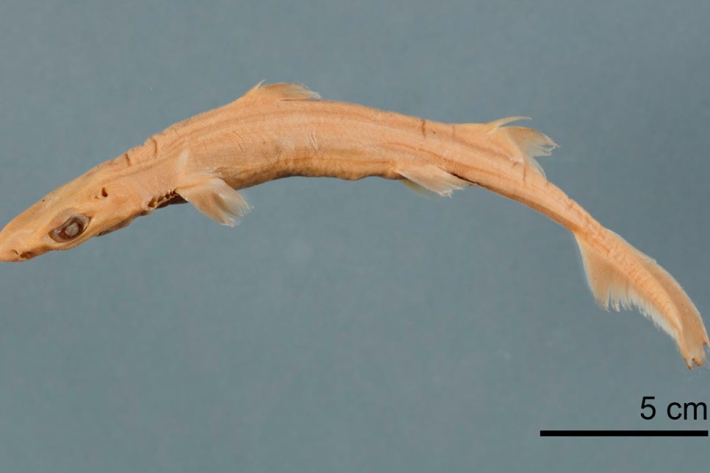
Extremely rare albino shark discovered in Auckland
Media release22 April 2020A deep dive into the collection of an Auckland War Memorial Museum has revealed an extremely rare albino shark. -
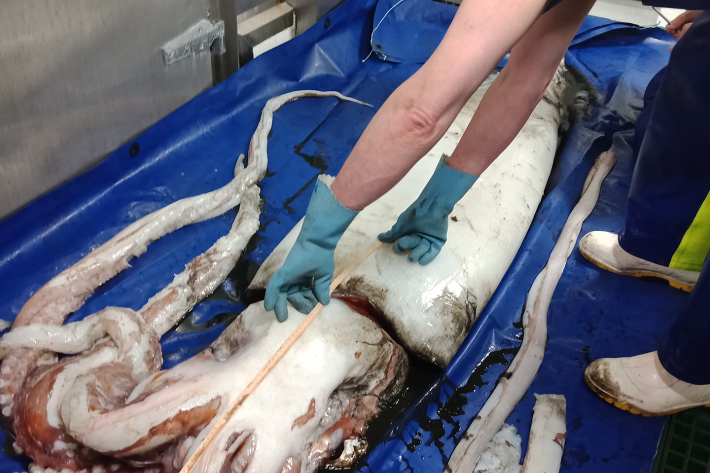
Giant squid and glow-in-the-dark sharks surprise scientists
Media release17 February 2020A giant squid and several glow-in-the-dark sharks were surprise finds for NIWA scientists last month on the Chatham Rise during a voyage to survey hoki, New Zealand’s most valuable commercial fish species. -
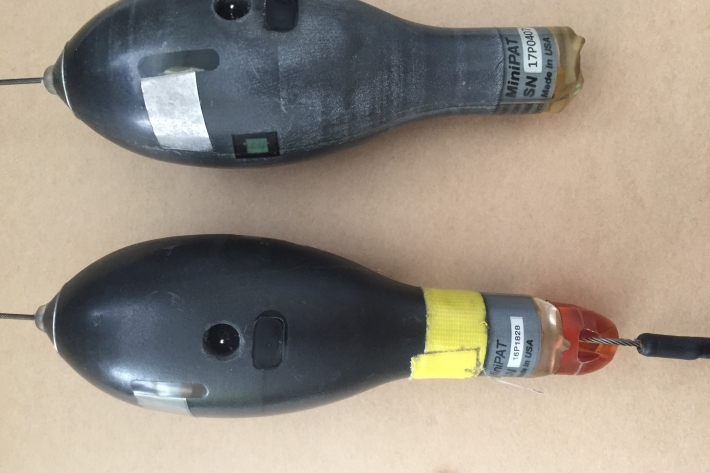
Treasure found on Northland beach
Media release19 October 2018A chance find by a woman walking on a Northland beach is now helping scientists learn more about mako sharks. -
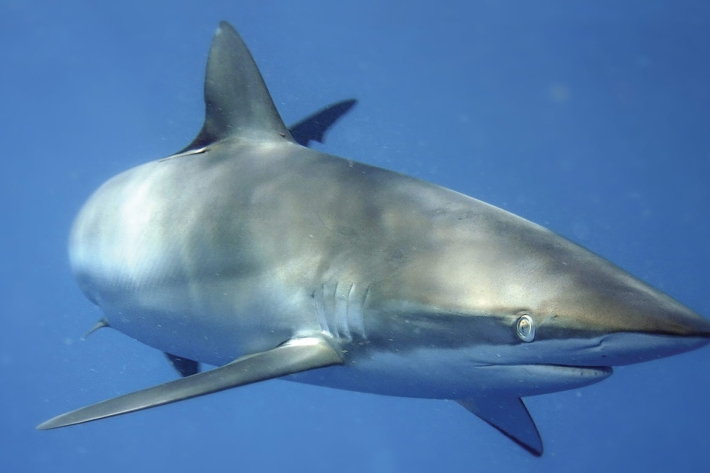
Shark survival tale
Feature story15 October 2018As part of a Pacific-wide study, NIWA is measuring the survival rate of sharks returned to the sea by commercial tuna fishers. -
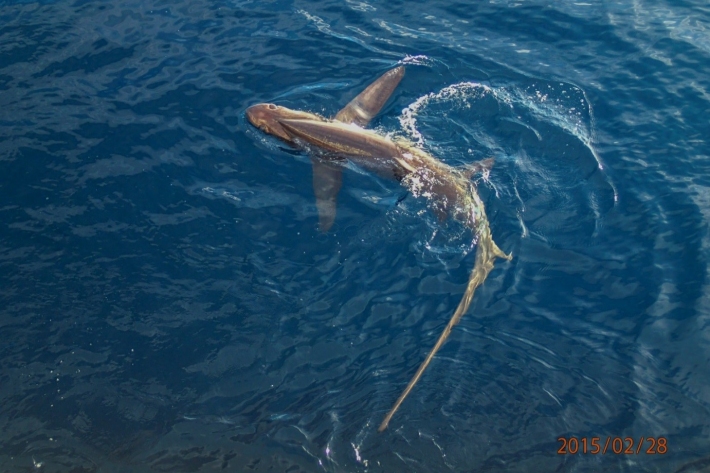
Pelagic shark risk assessments
Research ProjectNIWA has developed a new method for spatially-explicit, quantitative, sustainability risk assessment of pelagic shark population.

